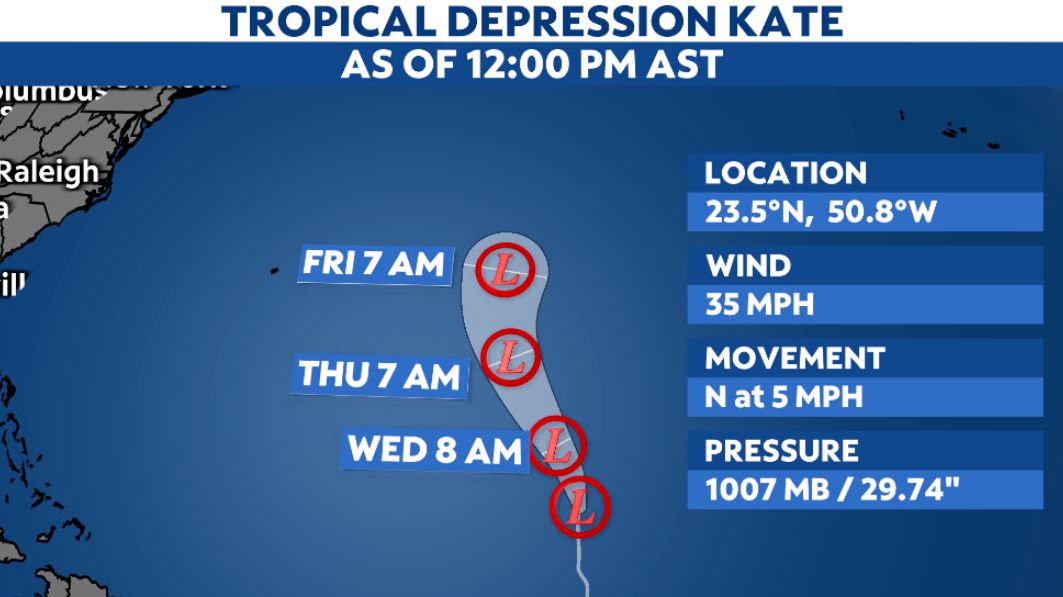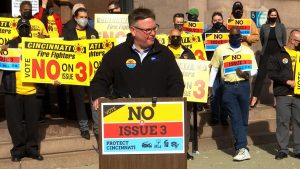CLEVELAND (AP) — A former death row inmate who was wrongly imprisoned for two decades will receive a $1 million payment from the state.
The Ohio Controlling Board voted unanimously Monday to make the award to Joe D’Ambrosio. The money will come from the state’s wrongful imprisonment fund, which is part of a 2019 change in the law that allows people freed from prison because of police or prosecutorial misconduct to be eligible for compensation for serving prison time.
D’Ambrosio’s attorney, Terry Gilbert, told Cleveland.com that the payment was “a major victory” that will allow his client to “move forward in his life and feel that he received some form of justice from the state of Ohio.”
The board’s decision comes about two months after Cuyahoga County Prosecutor Michael O’Malley dropped an appeal opposing a judge’s ruling that D’Ambrosio was wrongly imprisoned but urged state officials not to compensate him. A spokesman for O’Malley said Monday that his office was working on a comment..
D’Ambrosio, a North Royalton resident, was released without conditions in 2010 after a judge determined that prosecutors withheld evidence that could have exonerated him at his 1989 trial. He had been accused of kidnapping and killing 19-year-old Anthony Klann, who was found dead in a Cleveland park in 1988.
After dropping the wrongful imprisonment appeal in June, O’Malley said he did not want the state to compensate D’Ambrosio because he believes witness testimony during the trial showed that D’Ambrosio is guilty. A witness had testified that he saw D’Ambrosio and two other men with Klann before the killing.
County Common Pleas Court Judge Michael Russo ruled in 2012 that D’Ambrosio was wrongfully convicted but the Ohio Supreme Court reversed the judge’s decision two years later based on precedent that said the prosecutorial misconduct had to have happened after the person was sentenced instead of during the trial stages.




